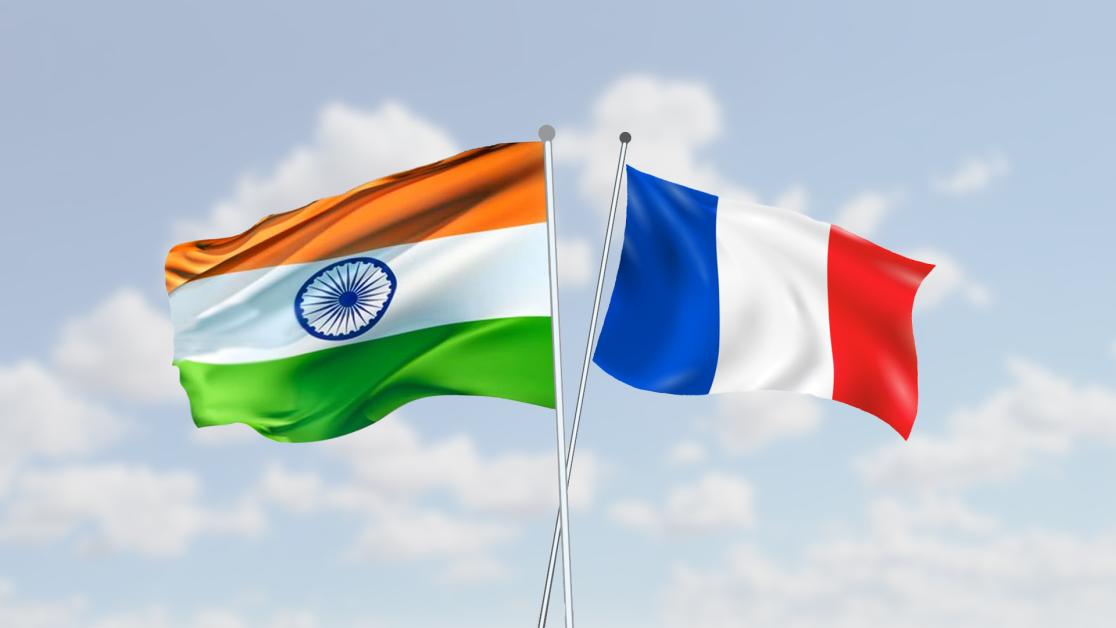
France-Armenia-India alliance as a new paradigm of international relations. The Geopolitics
Armenian Prime Minister Nikol Pashinyan came out in support of the arms supply agreement with France and India, emphasizing the situational need to ensure national security and defense of the country. Azerbaijan is against this, considering the military support as an aggravation of the arms race in the South Caucasus region. This event marks a significant departure from Armenia's long-standing dependence on Russia in its foreign policy. The Geopolitics periodical wrote about this, News.am reports.
During the recent visit of French President Macron as the chief guest at the 75th anniversary celebrations of the Republic of India, the two countries presented a "roadmap for the defense industry". The two countries have reached notable agreements in the field of cooperation in space and committed to work together in the field of production of defense equipment (helicopters, submarines) for the Indian military and "friendly countries".
One of the important directions of this partnership is the Indo-Pacific strategy. France has repeatedly supported India's permanent membership in the UN Security Council.
2021 an agreement was signed on the joint development of the military potential and France's assistance in the modernization of the Indian Armed Forces.
The basis of the strategic alliance between France and India is a comprehensive approach to security, which includes both traditional and non-traditional sectors.
There is already a tripartite structure of cooperation between France and India (the France-India-UAE model), which can also be applied in the case of Armenia, creating a new strategic tripartite axis. Such an alliance between France, India and Armenia would build on their common national security goals and solve problems at the global level, which would further strengthen their strategic goals.
In the relations between France and Armenia, a significant shift towards closer military and strategic cooperation is evident, as evidenced by the signing of a major arms deal. France demonstrates its commitment to strengthening Armenia's defense potential, especially in the field of air defense, by supplying modern surface-to-air missiles and radar technologies in response to regional problems in the South Caucasus.
This strategic alliance is a testimony of their commitment to maintaining peace and stability in the region.
***
The growing strategic cooperation between France, Armenia and India reflects the convergence of national interests and global efforts towards mutual security and common aspirations for trade and cooperation. These tripartite relations are steadily beginning to influence modern geopolitics, demonstrating a dynamic model of multidimensional cooperation.
France and India, which have developed defense potential, complement Armenia's desire to expand its military alliances. This defense cooperation goes beyond simple consumption, it is a step to include Armenia in a more comprehensive security system that goes beyond its changing national borders.
From an economic point of view, there are quite a lot of opportunities to expand cooperation. France with its experience in the field of investments, India with its technology and market opportunities and Armenia with its strategic position and growing economy create a dynamic basis for modern economic growth.
This new tripartite partnership means a strategic shift from bilateral relations to a comprehensive approach to global challenges. There are three long-term goals: France's approval of India's role, India's technological progress in Armenia, and Armenia's desire for European integration.
The strategic alliance between France, Armenia and India shows a new paradigm in international relations. In the current changing times, countries with different cultural heritages and geopolitical positions establish unprecedented cooperation. This prospective synthesis is aimed at the formation of a multipolar and balanced world order.
Add new comment